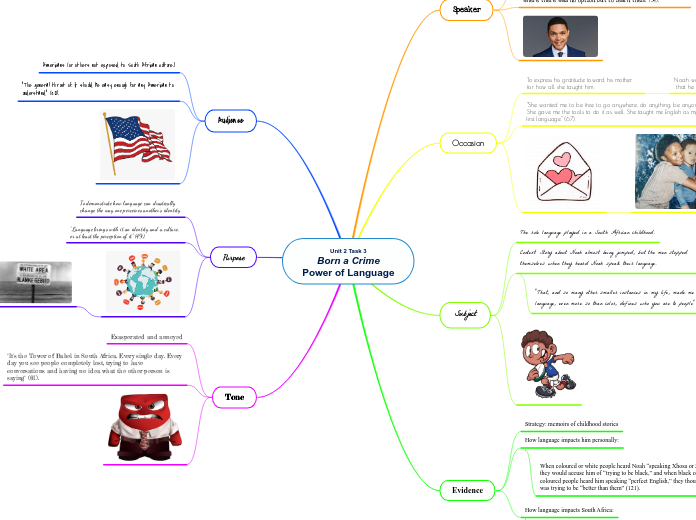by mohamed abdelghany 13 years ago
651
HCI
Human-Computer Interaction (HCI) explores the relationship between users and computer systems, focusing on optimizing interactions through thoughtful design. It encompasses various aspects such as the human processor model and perception in computing, which delve into how users perceive and process information presented by interfaces.









